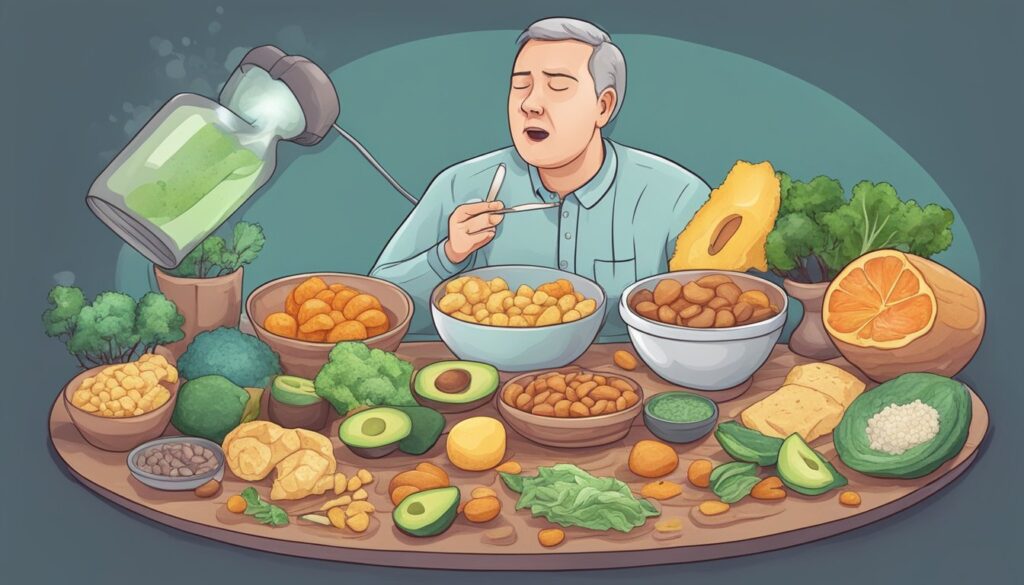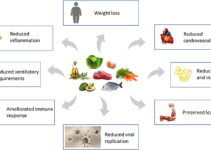Does Keto Diet Cause Kidney Stones?
The ketogenic diet, commonly known as the keto diet, has surged in popularity over the past few years, touted for its effectiveness in weight loss and metabolic health improvement. However, with its rise in fame, concerns regarding its long-term health implications have also surfaced, particularly the potential link between the keto diet and kidney stones. This article delves into the scientific evidence, expert opinions, and preventive measures related to the keto diet and its association with kidney stones.
Table of Contents
Introduction
The keto diet emphasizes high-fat, moderate-protein, and low-carbohydrate intake, aiming to push the body into a state of ketosis, where fat is burned for energy instead of carbohydrates. Meanwhile, kidney stones, hard mineral deposits that form in the kidneys, are a painful and recurrent problem for many. The question arises: does the shift in dietary habits associated with the keto diet influence the risk of developing kidney stones?
Understanding Kidney Stones
Kidney stones are solid masses made of crystals. They originate in the kidneys but can affect any part of the urinary tract. The causes of kidney stones vary, including dietary factors, dehydration, certain medical conditions, and genetic predisposition. The connection between diet and kidney stones is well-documented, with certain dietary choices increasing the risk.
The Keto Diet Explained
At its core, the keto diet reduces carbohydrate intake to below 50 grams per day, forcing the body to use fat as its primary fuel source. This diet includes foods like meat, fatty fish, eggs, butter, nuts, and healthy oils, while restricting carbs like grains, sugar, fruits, and tubers.
Connection Between Diet and Kidney Stones
Diet plays a crucial role in the formation of kidney stones. Diets high in salt, sugar, and protein have been linked to an increased risk. The keto diet, with its high protein and fat intake, raises questions about its impact on kidney stone formation.
Keto Diet and Kidney Stones: The Evidence
Research on the keto diet and kidney stones is mixed. Some studies suggest an increased risk due to higher levels of uric acid and calcium in the urine, while others indicate no significant change in kidney stone risk. The variation in findings points to the complexity of the issue and the need for individual dietary guidance.
Potential Risks of the Keto Diet
Beyond kidney stones, the keto diet poses other health risks, including nutritional deficiencies and potential harm to heart health due to high saturated fat intake. It’s crucial for individuals to consider these risks and consult healthcare professionals when adopting a keto diet.
Mechanisms Behind Keto and Kidney Stones
The keto diet can increase urinary acidity, which, in turn, may lead to the formation of uric acid stones. Additionally, higher consumption of oxalate-rich foods in the absence of dietary calcium can promote calcium oxalate stones, the most common type of kidney stone.
Preventive Measures on a Keto Diet
To mitigate the risk of kidney stones, individuals on a keto diet should ensure adequate hydration, limit foods high in oxalates, and consider calcium supplements to bind dietary oxalates in the gut. Monitoring urine pH and consulting with a dietitian can also be beneficial.
Alternative Dietary Approaches
For those concerned about kidney stones, adopting a modified keto diet with lower protein intake and careful selection of oxalate-rich foods may be advisable. Incorporating more non-starchy vegetables and ensuring adequate calcium intake can help balance the diet.
Personal Stories and Case Studies
Many individuals have successfully followed the keto diet without experiencing kidney stones, while others have faced challenges. These personal stories highlight the importance of personalized dietary planning and monitoring.
Expert Advice for Keto Dieters
Healthcare professionals recommend regular monitoring of kidney function and urine markers for individuals on a keto diet, especially those with a history of kidney stones. Adjustments to the diet, based on individual health status and risk factors, are often necessary.
FAQs About Keto Diet and Kidney Stones
This section addresses common questions and concerns, providing evidence-based answers to help individuals make informed dietary choices.
The Future of Keto Diet Research
Ongoing research aims to clarify the relationship between the keto diet and kidney stones, with the goal of developing guidelines that maximize health benefits while minimizing risks.

Conclusion
While the keto diet offers benefits for weight loss and metabolic health, its impact on kidney stone risk requires careful consideration. By understanding the potential risks and taking preventive measures, individuals can make informed decisions about their dietary choices.
Resources for Further Reading
For those interested in exploring this topic further, a variety of resources are available, including scientific studies, dietary guidelines, and personal testimonies.


